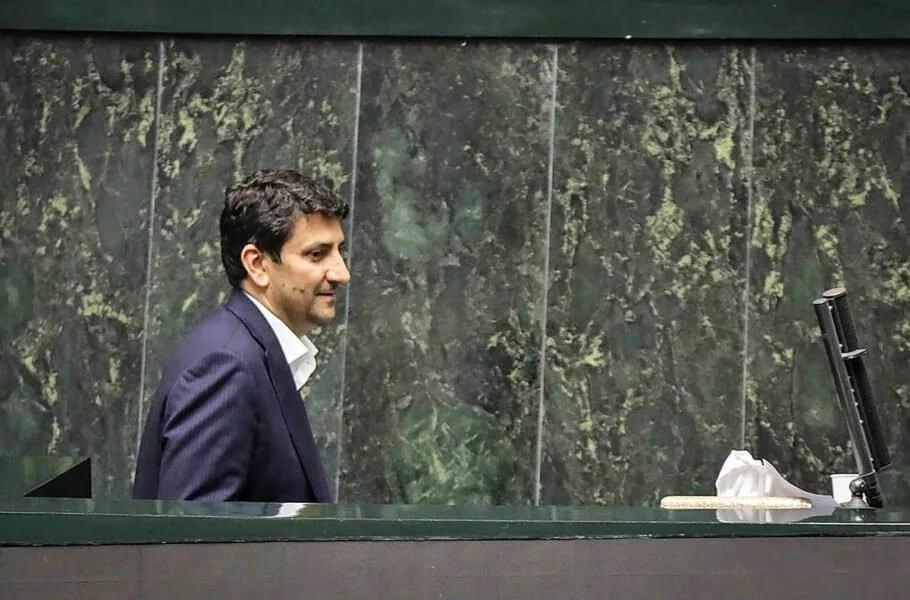The Minister of ICT has reported a 30% reduction in employment in the digital sector following the 12-day war.
According to Digito, Sattar Hashemi, Minister of Information and Communications Technology, presented a report on the state of communications during the 12-day war to Parliament representatives on July 22, 2025.
Hashemi described the damages to the digital economy: "In the digital economy sector, around 10 million citizens rely directly and indirectly on it for their livelihood. During the war, we suffered serious damages, and employment decreased by 30%."
Financial Losses in Digital Sector
He added: "Every two days, the equivalent of one trillion tomans was lost in the digital economy. This amounts to approximately 15 trillion tomans per month, which equals the annual budget of some ministries."
Efforts to compensate for damages secured two trillion tomans in resources.
Internet Restrictions and Resource Allocation
The Minister of Communications spoke about internet restrictions during the war: "Based on decisions by competent authorities and intelligence and security agencies, internet access was limited. To compensate for part of these damages, we worked to secure resources amounting to two trillion tomans. The allocation process is ongoing with collaboration between the Ministry of Economy and the Vice-Presidency for Science and Technology."
Cybersecurity Challenges During War
Hashemi elaborated on cyberattacks during this period: "One important point I must highlight is dealing with cyberattacks. Recently, over 20,000 cyberattacks were launched from outside against the country. Extensive efforts were made to manage these attacks and minimize damage."
The Minister emphasized: "These cyberattacks coincided with enemy field operations. Their main goal was to halt the country's online services and disrupt public service delivery. However, in many cases, we succeeded in controlling the attacks and maintaining service continuity."
He added: "Of course, in some cases, we did suffer damages. These experiences have been considered valuable lessons to improve performance and enhance national cybersecurity measures."
Responding to criticism from representatives regarding cybersecurity during the war, Hashemi said: "Considering who the opposing party was during this conflict, you would surely agree that some damages were unavoidable. However, the country's cyberspace and cybersecurity sector were not neglected."
Hashemi explained: "We faced simultaneous field and complex cyberattacks. Through collaboration among responsible organizations, we managed these attacks as much as possible. I request colleagues to take this into account."
Nationwide Content Production Movement Urged
The Minister of Communications addressed issues caused by free VPNs: "The use of free VPNs over the past years has polluted the country's network to the extent that at least 30% of citizens' requests are not fulfilled due to these disruptions."
He added: "In 2022, we decided to impose restrictions. Were access levels reduced? Are our children now unrestrictedly accessing all kinds of content? Why do we approach everything from a technical perspective?"
Hashemi assessed focusing on content as crucial and stated: "We believe that a content production movement must be implemented nationwide. For this reason, a content revenue-sharing policy has been approved by this administration."
The Minister reiterated: "Now they talk about restricting technology. Can technology be blindly opposed?" He added: "We must utilize technological capabilities, which are abundant in our country. If we are discussing a national information network, content must be prioritized within this network."
According to Mohammad Bagher Ghalibaf, Speaker of Parliament, prior to the public session, the Minister of Communications also provided explanations to Parliament members in a private session.











